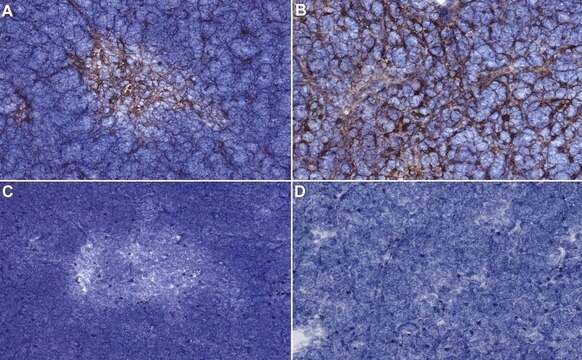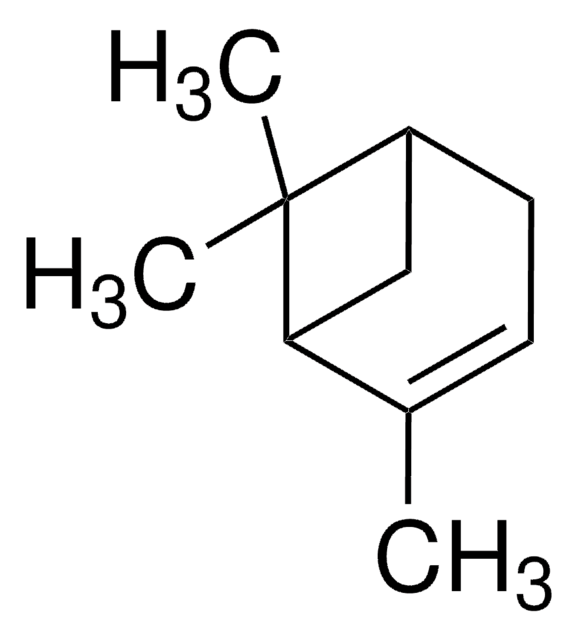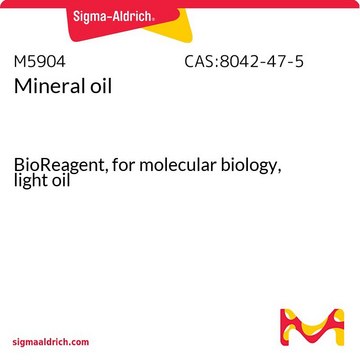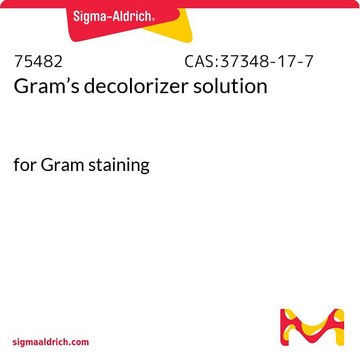MABF2816
Anti-Cortical stromal cells Antibody, clone ER-TR4
Sinónimos:
cTEC
About This Item
IHC
immunohistochemistry: suitable
Productos recomendados
origen biológico
rat
Nivel de calidad
forma del anticuerpo
purified antibody
tipo de anticuerpo
primary antibodies
clon
ER-TR4, monoclonal
purificado por
affinity chromatography
reactividad de especies
mouse
envase
antibody small pack of 100 μg
técnicas
immunofluorescence: suitable
immunohistochemistry: suitable
isotipo
IgMκ
secuencia del epítopo
Unknown
Nº de acceso Protein ID
Nº de acceso UniProt
temp. de almacenamiento
2-8°C
modificación del objetivo postraduccional
unmodified
Descripción general
Especificidad
Inmunógeno
Aplicación
Evaluated by Immunohistochemistry in mouse thymus tissue sections.
Immunohistochemistry Applications: A 1:50 dilution of this antibody detected Cortical stromal cells in mouse thymus tissue sections.
Tested applications
Immunofluorescence Analysis: A representative lot detected Cortical stromal cells in Immunofluorescence applications (Tanaka, Y., et al., (2007). Blood. 110(1):107-15).
Immunohistochemistry Applications: A representative lot detected Cortical stromal cells in Immunohistochemistry applications (Van Vliet, E., et al., (1984). Eur J Immunol. 14(6):524-9; Scheijen, B., et al., (2004). J Biol Chem. 279(11):10476-83; Dooley, J., et al., (2006). J Immunol. 176(11):6484-90; Tanaka, Y., et al., (2007). Blood. 110(1):107-15; Moretti, F.A., et al., (2018). Elife. 7:e35816; Hollander, G.A., et al. (1995). Nature. 373(6512):350-3).
Note: Actual optimal working dilutions must be determined by end user as specimens, and experimental conditions may vary with the end user
Forma física
Reconstitución
Almacenamiento y estabilidad
Otras notas
Cláusula de descargo de responsabilidad
¿No encuentra el producto adecuado?
Pruebe nuestro Herramienta de selección de productos.
Código de clase de almacenamiento
12 - Non Combustible Liquids
Clase de riesgo para el agua (WGK)
WGK 1
Punto de inflamabilidad (°F)
Not applicable
Punto de inflamabilidad (°C)
Not applicable
Certificados de análisis (COA)
Busque Certificados de análisis (COA) introduciendo el número de lote del producto. Los números de lote se encuentran en la etiqueta del producto después de las palabras «Lot» o «Batch»
¿Ya tiene este producto?
Encuentre la documentación para los productos que ha comprado recientemente en la Biblioteca de documentos.
Nuestro equipo de científicos tiene experiencia en todas las áreas de investigación: Ciencias de la vida, Ciencia de los materiales, Síntesis química, Cromatografía, Analítica y muchas otras.
Póngase en contacto con el Servicio técnico








